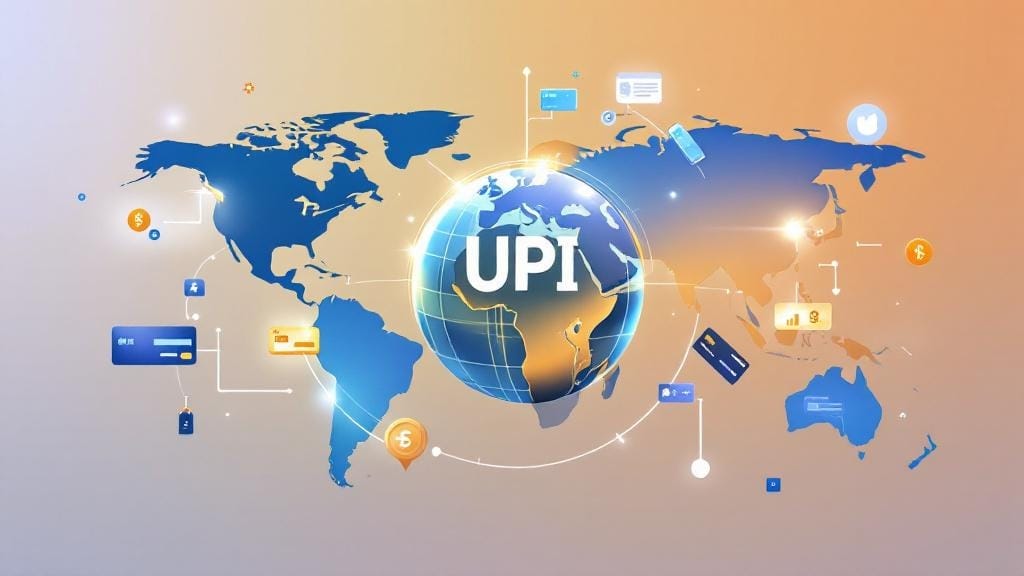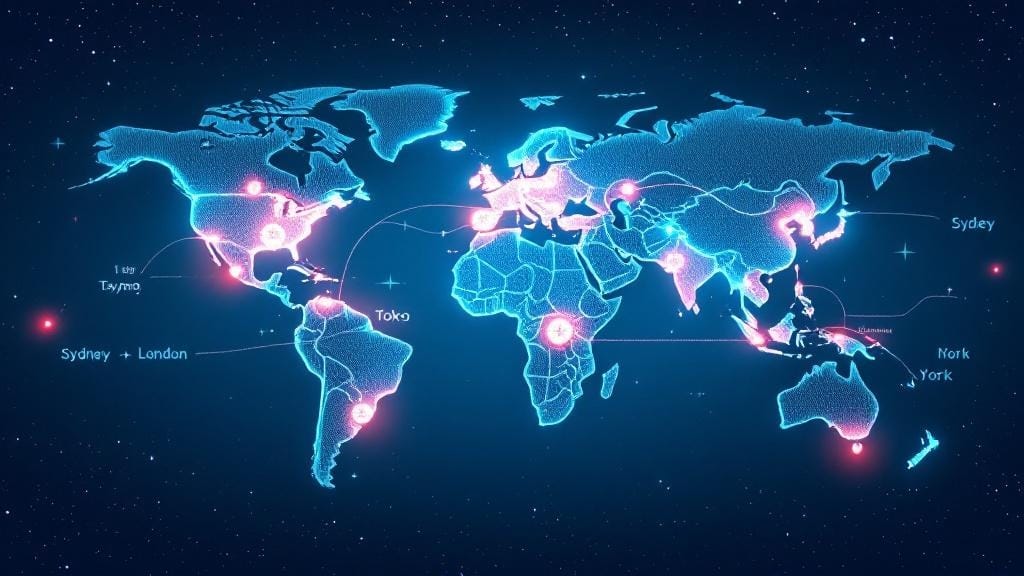In today’s fast-evolving financial world, a growing number of people are asking: “Digital wallet vs cash – which is better?” As technology reshapes how we shop, save, and spend, the debate around going cashless is no longer just trendy—it’s essential.
Whether you’re buying groceries, paying rent, or splitting a bill with friends, digital wallets are making those transactions faster and more convenient. But can they really replace physical cash? Let’s explore the real differences, pros, cons, and what it means for your everyday life.
🔍 What Is a Digital Wallet?
A digital wallet, also known as an e-wallet or mobile wallet, is an app or software that securely stores your payment information—credit cards, debit cards, bank accounts, even loyalty cards. It allows you to make contactless payments using your smartphone, smartwatch, or other devices.
Popular digital wallet examples:
-
Google Pay
-
Apple Pay
-
PhonePe (India)
-
Paytm (India)
-
Samsung Pay
-
PayPal
-
Venmo
💵 What About Cash? Still King?
Cash is the oldest and most traditional form of payment. It’s tangible, widely accepted (especially in small or rural businesses), and doesn’t require any tech. But with digital innovation spreading fast, mobile wallet vs physical cash is becoming a topic of growing interest—especially as more consumers lean toward convenience.
⚖️ Digital Wallet vs Cash: Side-by-Side Comparison
| Feature | Digital Wallet | Cash |
|---|---|---|
| Convenience | Tap and pay instantly | Requires carrying and counting |
| Security | Encrypted, can be locked remotely | Risk of theft or loss |
| Accessibility | Needs a smartphone & internet | Always available, no tech needed |
| Record-Keeping | Auto transaction history | Manual tracking only |
| International Use | Global, multi-currency support | Limited and not ideal for travel |
| Pandemic-Safe? | Yes—touch-free | No—hand-to-hand contact |
✅ Benefits of Digital Wallet Over Cash
Switching to a digital wallet offers more than just convenience. Here are some major digital wallet advantages:
🏃♂️ 1. Speed and Ease
No more counting change or looking for ATMs. Tap and pay in seconds with your phone.
🔒 2. Secure Digital Transactions
Digital wallets use encryption, biometric ID, and two-factor authentication. If you lose your phone, you can lock or wipe it remotely.
📊 3. Automatic Budgeting
Most mobile apps show you how much you spend, where, and when—helping you stay on top of your finances.
🌍 4. Global Use
Traveling? A digital wallet can convert currencies, support QR code payments, and eliminate the hassle of exchanging cash.
🧾 5. Zero Contact, More Safety
Especially post-pandemic, contactless payments are more hygienic and faster.
❌ Cons of Digital Wallets
Despite their growing popularity, there are a few limitations to consider when comparing digital payments vs cash.
📶 1. Requires Internet or Mobile Network
In remote areas or during outages, access to digital wallets can be unreliable.
🔋 2. Battery-Dependent
If your phone dies and you’re wallet-less, you’re out of options.
🏪 3. Not Universally Accepted
Small vendors or local shops may still prefer or only accept cash.
🤔 Is Digital Wallet Better Than Cash? It Depends
For many, yes—especially in urban areas with strong internet coverage and growing fintech adoption. However, cash still plays an important role, especially in:
-
Rural economies
-
Elderly populations less tech-savvy
-
Emergency situations
So, it’s not about choosing one over the other, but understanding where each shines.
📲 Why Use a Digital Wallet Instead of Cash?
If you’re still on the fence, here’s why millions are making the switch to smartphone payment apps:
-
More Rewards: Cashback, discounts, loyalty points
-
Peer-to-peer transactions: Instantly send/receive money from friends
-
Time-saving: No waiting at checkout lines
-
Recordkeeping: No more mystery expenses
🌐 India’s Leap: UPI Payments and the Cashless Revolution
India’s UPI (Unified Payments Interface) has completely transformed how people transact—from street vendors to corporate giants. With platforms like PhonePe, Google Pay, and Paytm leading the way, cashless payment systems are no longer just for the elite.
Real-life Example:
Ravi, a vegetable vendor in Pune, started accepting UPI payments in 2020. “Now I sell more because customers don’t walk away if they don’t have cash,” he says. It’s convenience and business growth.
🏦 Digital Wallet vs Traditional Payment Methods
Compared to cash, cards, or even bank transfers, mobile banking and e-wallets are:
-
Faster (no queues, no slips)
-
Cheaper (often no fees)
-
Smarter (track everything with a few taps)
📉 Are We Headed for a Cashless Future?
Countries like Sweden and South Korea are already close to going fully digital. India, China, and the U.S. aren’t far behind, especially with booming fintech solutions and digital economy policies.
But complete cash elimination? Not quite yet.
📌 Pros and Cons of Digital Wallets at a Glance
✅ Pros:
-
Fast and easy
-
Secure with biometrics
-
Earn rewards
-
Track expenses automatically
-
Perfect for online & in-store use
❌ Cons:
-
Needs tech and battery
-
Not accepted everywhere
-
Privacy concerns for some users
📘 FAQs: Digital Wallet vs Cash
1. Is a digital wallet safer than cash?
Yes. Digital wallets offer biometric protection, encryption, and remote lock features, making them generally more secure than physical cash, which can be lost or stolen.
2. Can I use a digital wallet without internet?
Some wallets offer offline payments (like using NFC or stored QR codes), but for full functionality, internet access is usually needed.
3. Are contactless payments safe?
Absolutely. Contactless and tap-and-pay technologies use secure tokenization, making them safe and fraud-resistant.
4. Why are digital wallets popular in India?
Thanks to UPI payments, fast-growing smartphone access, and a push for a cashless economy, India has seen massive adoption—especially after demonetization.
5. Can digital wallets replace physical wallets completely?
In urban settings, yes. But for emergencies, rural travel, or tech outages, carrying a little cash is still wise.
6. What’s the difference between digital wallet and mobile banking?
Digital wallets focus on spending and quick payments; mobile banking covers account management, fund transfers, and bill pay via your bank’s app.
7. What happens if my phone is lost?
Most wallets allow remote device locking or require biometric access (like Face ID or fingerprint), making it hard for others to misuse.
📝 Final Verdict: Digital Wallet vs Cash
So, should you go fully digital? If you value speed, security, and smart money management, a digital wallet is a no-brainer. But cash still plays a backup role—especially where tech isn’t accessible or accepted.
In 2025, the smart choice is a hybrid: embrace digital for everyday use and keep cash for rare cases. The future is digital, but with a human touch.
🔑 Key Takeaways
-
Digital wallet vs cash isn’t a battle—it’s about balance.
-
Digital wallets offer security, speed, and convenience unmatched by cash.
-
For a modern lifestyle, digital payment is the clear winner—but carry a bit of cash for emergencies.
-
Especially in countries like India, UPI has made digital finance inclusive for all.








Comments (0)